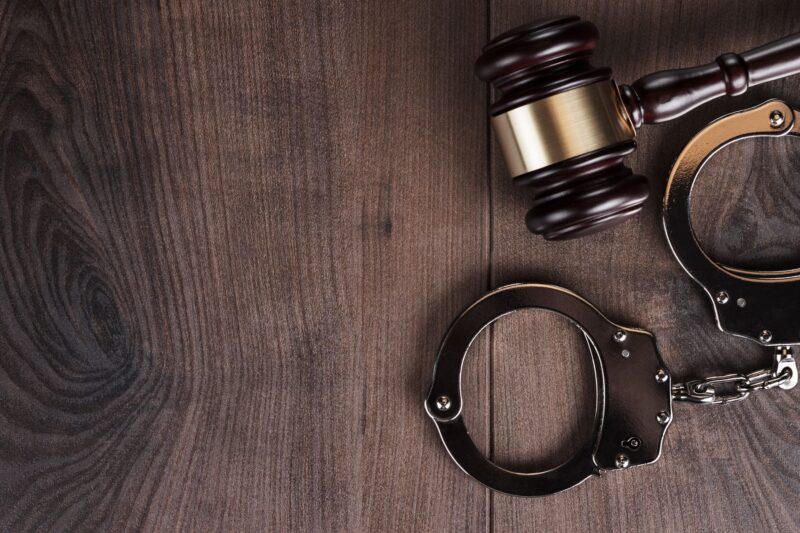What Are the Differences Between Convictions, Diversions and Deferrals?
May 5, 2016

What is conviction, what is deferral, and what does diversion mean?
While the law can be very perplexing, it is important to understand how it works. This is why we educate our clients and potential clients on legal terminology and processes. If you are experiencing the proceedings of a criminal trial, it is crucial that you understand the differences between convictions, diversions and deferrals. Knowing the differences can create clarity so that you can take the correct steps to move forward.
What is a conviction?
A conviction is a judgment of someone’s guilt for an offense. It can occur after a jury trial, a bench trial, or a guilty plea. A conviction stays on one’s record unless that conviction is vacated on appeal or expunged.
What is a diversion?
A diversion is an agreement between a defendant and the prosecuting attorney whereby the prosecutor agrees to forego prosecution of the crime in return for some penalty meted out by the defendant (typically a fine, some community service work, and counseling). If a person who accepts a diversion agreement successfully completes the terms of that agreement, his or her case is dismissed by the prosecuting attorney, and the case does NOT result in a conviction.
A diversion is conditional on the participant’s behavior. If the participant violates any term of the diversion agreement, then the prosecuting attorney may elect to resume prosecution, which could ultimately result in a conviction.
What is a deferral?

A deferral is similar to a diversion, but usually occurs in cases of traffic violations. Like a diversion, there is a “probationary period,” during which the participant must not commit any additional traffic violations. A deferral program has the benefit of making traffic violations less likely to show up on your auto insurance background check, and can assist in keeping your auto rates low.
What should I do if faced with a conviction, diversion or deferral?
Criminal trials can be confusing and messy. The best thing that you can do for yourself if you are placed in a situation involving a conviction, a diversion or a deferral is contact a lawyer. The lines between the three can feel blurred at times, and so it is important that you have a legal professional with you to ensure that you are treated with justice during your criminal trial. An attorney can ensure that you are clear on the differences between the three and are well defended and well spoken for in a court of law. The lawyers at Ball Eggleston are more than willing to be of assistance during this time.
If you have any questions or concerns or are interested in speaking with an attorney, please contact Ball Eggleston today. We are more than glad to be of assistance.

Ball Eggleston is located at 201 Main Street, Suite 810 P.O. Box 1535 Lafayette, IN 47902. Contact Ball Eggleston by phone at (765) 742‑9046, by fax at (765) 742‑1966, or by email at info@ball-law.com. For additional information, find Ball Eggleston online at ballegg.local.
You can also find us on Facebook.
Disclaimer: The content of this blog is intended to be general and informational in nature. It is advertising material and is not intended to be, nor is it, legal advice to or for any particular person, case, or circumstance. Each situation is different, and you should consult an attorney if you have any questions about your situation.